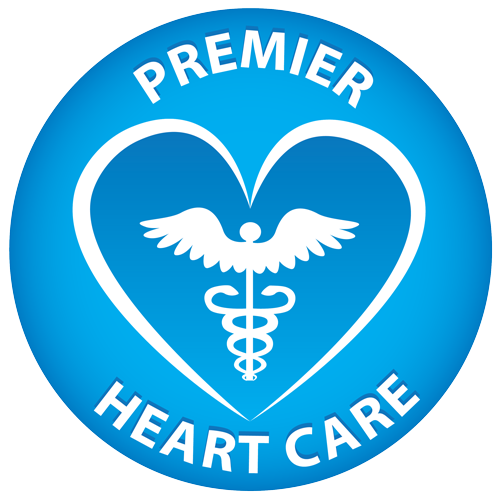Why should you know your numbers and calculate your CV risk?
Your body weight, blood pressure, heart rate and respiratory rate provide useful information about your state of health. The healthy body maintains the concentrations of blood constituents within a narrow range. Deviation from these normal values may represent an increased risk of developing cardiovascular disease.
What numbers should you know about and what are the normal values?
1. Your weight and body mass index:
Body mass index (BMI) is a simple index of weight-for-height that is commonly used to classify overweight and obesity in adults. It is defined as a person’s weight in kilograms divided by the square of his height in meters (kg/m2). Over weight is defined as BMI >25. Obesity is defined as BMI >30. If you know your weight and height, you can calculate your body mass index with this BMI calculator.
2. Your blood pressure:
Classification of normal and abnormal blood pressure:
| Blood Pressure (BP) | Classification |
| <120/80 mmHg | Normal BP |
| >120/80 mmHg | Elevated BP |
| >130/80 mmHg | Stage I Hypertension (Pre-Hypertension) |
| >140/90 mmHg | Stage II Hypertension |
3. Your heart rate:
The normal resting heart rate is 60 – 100 beats per minute. Tachycardia is defined as a heart rate >100/min at rest. Bradycardia is defined as a heart rate < 60/min.
4. Your respiration rate:
The normal respiration (breathing) rate for an adult at rest is 12 to 20 breaths per minute. A respiration rate under 12 or over 25 breaths per minute while resting is considered abnormal.
5. Your haemoglobin:
Haemoglobin is responsible for carrying oxygen in your red blood cells to your tissues. Anaemia (low blood count) is defined as a haemoglobin < 12G/dL.
6. Your renal (kidney) function:
The normal serum creatinine is < 1.3 mg/dL and urea <20 mg/dL. These parameters are elevated in renal failure. Dialysis may be required in some patients whose serum creatinine is > 6.0 mg/dL.
7. Your serum potassium:
Normal serum potassium is 3.5 – 5.5 mmol/L. Hypokalemia is defined as serum potassium <3.5 and hyperkalemia >5.5 mmol/L.
8. Your blood glucose:
Normal fasting blood glucose is 60-100 mg/dL. Diabetes is defined as FBS >126 mg/dL.
9. Your HbA1C result:
Diabetes is defined as a HBA1C > 6.5%.
10. Your lipid profile:
A normal or “desirable” lipid profile is characterised by Cholesterol < 200 mg/dL, LDL < 110 mg/dL and HDL >40 mg/dL. For values outside this range, you should check your risk for developing heart disease.
How can you calculate your risk for developing heart disease?
You can calculate your risk with this ACC/AHA CV Risk calculator ![]() . If your risk is high you should consult with your doctor.
. If your risk is high you should consult with your doctor.

➡Read more Preventing Heart Disease

